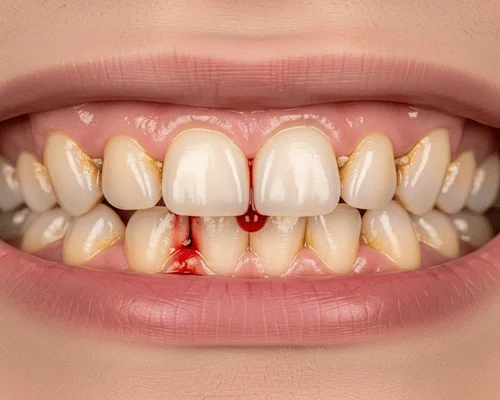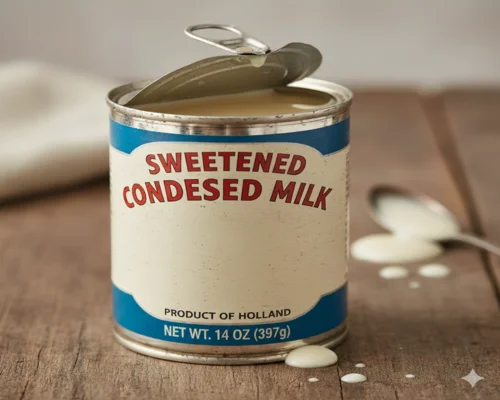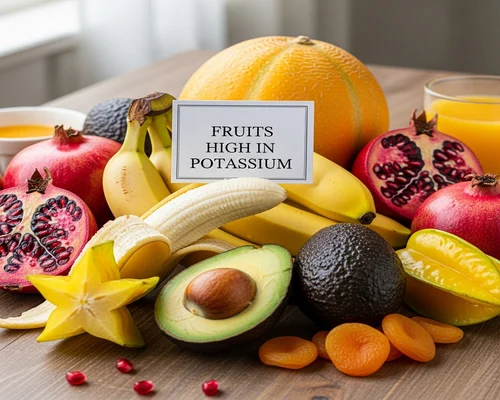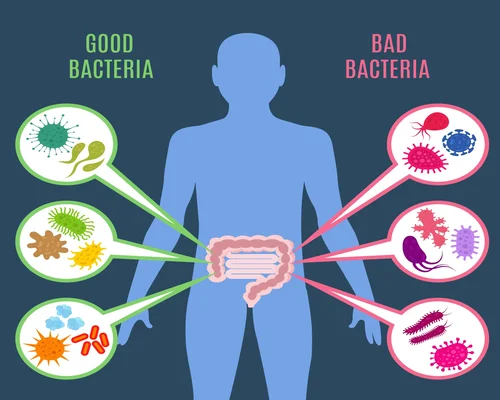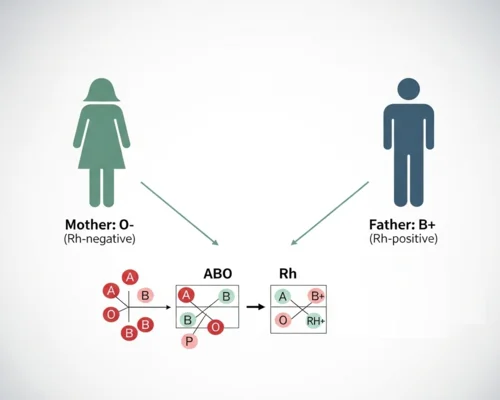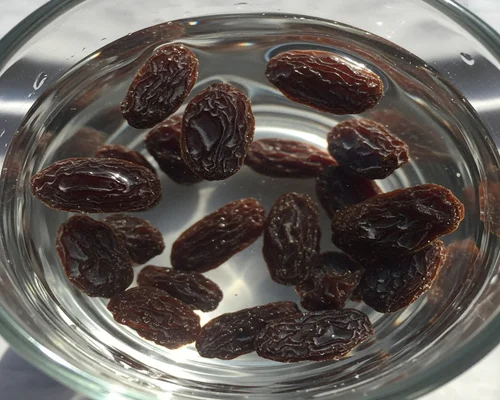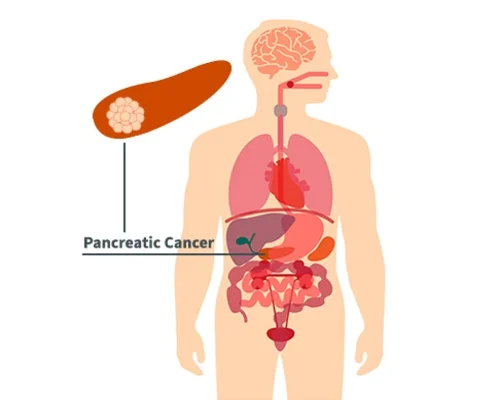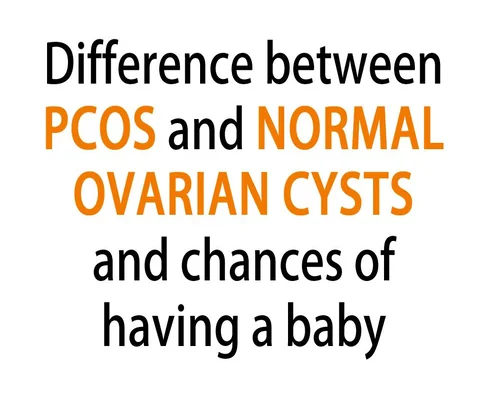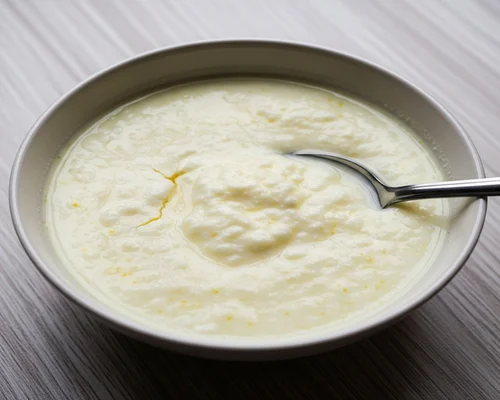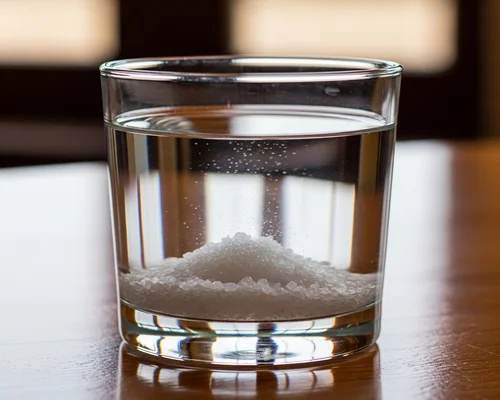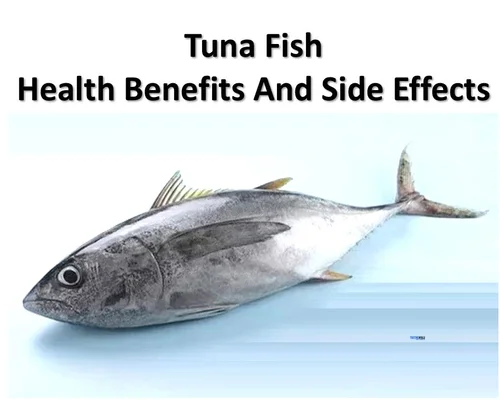
Tuna Fish Benefits
Health Benefits of Tuna Fish
Tuna fish
Omega-3 fatty acids in tuna fish help maintain brain and eye health. It also reduces the problem of inflammation and dry eyes. Tuna preserved in water has more protein and taste than tuna preserved in oil, but tuna preserved in oil is high in calories and fat, which increases weight. Certain types of tuna are high in mercury, which can be harmful in high amounts or in certain populations. For most healthy adults, it is recommended to eat at least 2 servings of fish per week, which can include tuna.
Health Benefits of Tuna Fish
Many health benefits of tuna fish and some delicious ways to serve it-
- An excellent source of vitamin B12.
- Improves heart health and reduces the risk of heart disease.
- Helps with vision health.
- Reduces the risk of dementia and cancer.
- Helps control blood sugar.
- Weight loss support.
- Heart-healthy and prevents cardiac disorders.
- Lowers blood pressure.
- Lowers triglycerides.
- Strengthens your immune system.
- Tuna prevents eye diseases.
- Reduces the risk of cancer.
- Aids in weight management.
- Improves bone health.
Tuna fish nutrition
Each quantity is 100 grams
- 130 calories - 100 grams
- 1.3 g 2% of total fat
- Saturated fat 0.4 g 2%
- Cholesterol 60 mg 20%
- Sodium 47 mg 1%
- Potassium 522 mg 14%
- 0g 0% Total Carbohydrates
- Dietary Fiber 0 g 0%
- Protein 28 g 56%
- Vitamin C 1% Calcium 3%
- Iron 8% Vitamin D 0%
- Vitamin B6 50% Cobalamin 36%
- Magnesium 11%
- Total Fat 0.6g 0%
- Cholesterol 47 mg 15%
- Sodium 54 mg 2%
- Potassium 527 mg 15%
- 0g 0% Total Carbohydrates
- Protein 29 g 58%
*Percent Daily Value is based on a 2,000 calorie diet. Your daily value may be higher or lower depending on your calorie needs.
To reduce cholesterol
Tuna is especially rich in omega 3 fatty acids. They are great for the body and are believed to help lower cholesterol, boost brain function and improve eye health. It is an excellent source of vitamin B12. Tuna is rich in vitamin B12, a form of B vitamin that helps the body form new red blood cells.
Tuna is high in protein
Tuna is very low in calories and fat, making it an almost pure protein food. A 3-oz (85-g) packet of cooked yellowfin tuna has about 25 grams of protein and only 110 calories. It is a good source of B vitamins as well as minerals like magnesium, phosphorus and potassium.
Tuna is a healthy fish
Tuna vs. Salmon: Although they are both highly nutritious, salmon comes out ahead because of its healthy omega-3 fats and vitamin D. Meanwhile, if you are looking for more protein and fewer calories per serving instead, tuna is a winner.
Improves skin health
According to research, tuna contains a protein called elastin. It helps maintain skin elasticity and a smooth skin tone. Also, the vitamin B complex in tuna helps synthesize new healthy skin cells.
Fatty fish such as sardines, salmon, tuna and many others contain omega 3 fatty acids, a type of healthy fat that is good for your skin. It helps in regular oil production, reduces inflammation and thus reduces acne breakouts. Other forms of healthy fat
Tuna benefits for hair
Tuna is an all-round power food for healthy hair, also boasting high amounts of protein, magnesium, potassium and lots of B vitamins, which are important for healthy hair growth.
Fatty fish, such as salmon, herring, tuna, and sardines, contain protein, vitamin D, omega-3 fats, and other hair-enhancing ingredients (such as linoleic acid, an essential fatty acid) that nourish the skin and thicken the fat layer around the hair follicles, healthy hair. As a result of the increase, .
Tuna Benefits for Weight Loss
Tuna is a lean fish. It is relatively high in protein, but low in calories, which means it keeps you fuller for longer and keeps you from overeating.
Tuna is a great food for those on a weight loss journey due to its high protein content, nutritional profile and overall health benefits. To reap these benefits, enjoy tasty fish as part of a balanced diet, be mindful of portion sizes, and choose low-mercury varieties.
Tuna to reduce belly fat
Tuna is rich in polyunsaturated fatty acids. These fatty acids have been shown to increase the rate of fat oxidation or, in layman terms, fat burning. Additionally, eating them can help you lose belly fat and have a flatter stomach.
Tuna Benefits for Pregnancy
Tuna is a great source of protein, low in saturated fat and omega-3 fatty acids, which can help your baby growth and brain development." Eating fish during pregnancy can help a baby cognitive development.
Adding tuna to your diet can benefit both you and your developing baby. Eating tuna not only provides omega-3 fatty acids, but is also a good source of iron, protein and vitamins. Also, eating tuna can positively affect your baby brain development.
Tuna benefits for the brain
Tuna fish is rich in B vitamins: B vitamins, especially B6 and B12, are found in abundance in tuna, which play an important role in nerve function and the synthesis of neurotransmitters. These vitamins are essential for ensuring optimal brain function and maintaining neurological health.
Eating foods like salmon, mackerel and tuna can improve brain function. Fish contains high levels of the omega-3 fatty acid DHA, which is thought to be crucial for a healthy nervous system.
Low fat
Tuna is a low-fat protein choice with about 2 grams of fat per 2.5-ounce serving of solid white albacore tuna. More importantly, most of the fat in tuna is healthy unsaturated fat, such as omega 3 fatty acids. Some fat is important for helping you absorb vitamins and minerals from the food you eat.
Tuna is an excellent source of omega-3 fatty acids. The amount of omega 3 in different types of tuna varies and can range from 80mg - 240mg of EPA and DHA combined per serving.
Others
Cooking tuna is the best way to get rid of parasites and reduce the risk of foodborne illness. However, it is still safe to eat raw tuna. recommends freezing raw tuna in one of the following ways to remove parasites: Freeze for 7 days at -20°C or below -35°C or below.
Tuna Fish You can make it part of a snack dinner with crackers or other foods. If your iron levels are tight but you could use some more zinc, potassium or phosphorus, chicken is a good choice.
Tuna is not considered an oily fish. So if you are getting one portion of tuna a week, you can still get 2 portions (women) or 4 portions (men) of oily fish. Avoid taking fish liver oil supplements when you are pregnant or trying for a baby.
sardines. "Sardines are one of the healthiest fish to eat because they are very high in omega-3. Mackerel is a good source of omega-3 fatty acids. ...
Anchovies, salmon, herring, trout, tuna. It is best to eat 2 to 3 servings per week. We recommend that you eat a variety of fish. You can try other affordable fish in the "Best Choice" category, such as canned salmon or sardines, frozen fish, or fresh fish for less.
Yellowfin and skipjack are slightly softer and have a richer, more intense flavor. The choice comes down to personal preference: if you prefer a less "fishy" tuna experience, choose white tuna; If you want a stronger flavor, mild tuna is a better choice. Nutritionally, all these fish are quite similar.
Is it right to eat tuna fish every day?
Canned tuna usually contains albacore or skipjack tuna, and cans are usually labeled "albacore" or "halo". Albacore tuna generally has a higher concentration of mercury than chunk light tuna and should only be eaten once or twice a week. Chunk light tuna is safe to eat two or three times a week.
Tuna can be served cooked rare, or cooked to a crust on the outside and raw in the center, known as tataki in Japan. Pan-frying or grilling makes it easier to control. Since tuna has a fairly strong flavor, you can easily add herbs, spices, and flavorings to it without worrying about overpowering the taste.
What is a good way to eat tuna?
Cook diced celery and onion in butter with canned tuna.
Spaghetti with tuna and lemon.
Tuna with soy and sushi rice.
Potato and Tuna Cake.
Indian style tuna and rice.
Creamy Tuna and Broccoli Pasta Bake
Buckwheat Soba and Tuna Salad.
Nicoise Salad.
Tuna is a low-fat protein choice with about 2 grams of fat per 2.5-ounce serving of solid white albacore tuna. More importantly, most of the fat in tuna is healthy unsaturated fat, such as omega 3 fatty acids. Some fat is important for helping you absorb vitamins and minerals from the food you eat.

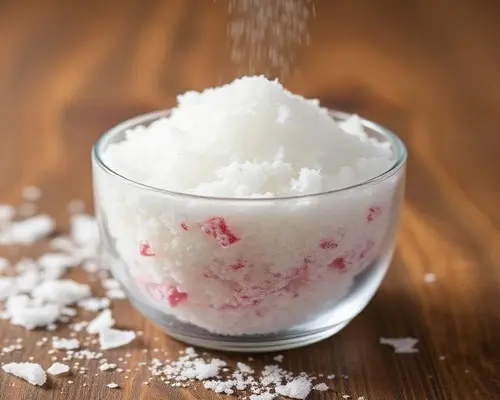


-vegetable.webp)
